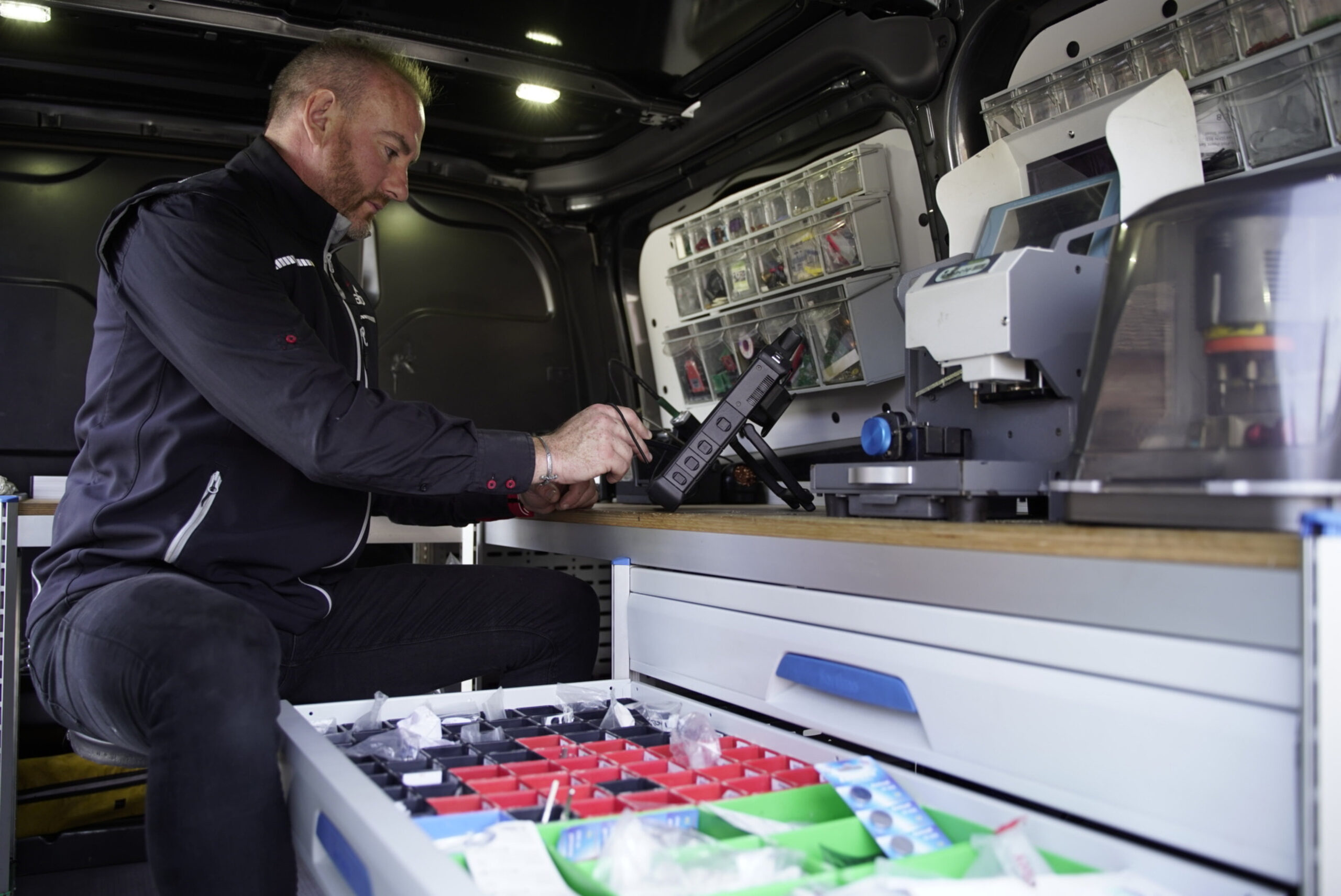10 Real Reasons People Hate Ignition Key Replacement
Understanding Ignition Key Replacement: A Comprehensive Guide
In today's hectic world, where automobiles are an essential part of every day life, losing or damaging the ignition key can produce considerable hassle. Ignition key replacement is a procedure that lots of vehicle owners deal with at some time. This article offers a thorough take a look at ignition key replacement, kinds of keys, the process involved, and responses to frequently asked questions.
What is an Ignition Key?
An ignition key is a little metal object created to operate the ignition system of an automobile. It permits the motorist to start the car's engine, and in numerous modern automobiles, it also provides access to additional functions, such as locking and opening doors and activating security systems.
Types of Ignition Keys
There are several kinds of ignition keys, each with unique features and mechanisms. Comprehending these differences can assist vehicle owners know what to anticipate when replacing ignition keys.
1. Traditional Car Keys
Standard keys are easy metal keys cut to fit a particular ignition cylinder. This kind of key is one of the most fundamental and is commonly discovered in older cars.
2. Transponder Keys
Modern cars often come geared up with transponder keys that have a little microchip ingrained within them. This chip sends out a signal to the car's ignition system, making sure that just the right key can begin the engine. Transponder keys provide extra security however can be more pricey to replace.
3. Switchblade Keys
Switchblade keys are a hybrid of conventional and transponder keys. They include a foldable style that pulls back into the key fob. When required, the key turns open, looking like a switchblade knife. This design is both compact and elegant.
4. Key Fobs and Smart Keys
These are the most advanced ignition keys. Key fobs usually include both ignition and remote control functions that permit the driver to unlock doors and start the engine without placing a key (keyless entry and start). Smart keys make use of distance sensing units to find the key fob within a certain variety, allowing push-button start performance.
The Ignition Key Replacement Process
Changing an ignition key can differ in intricacy depending upon the type of key and the vehicle's make and model. However, the basic procedure is laid out listed below:

Step-by-Step Guide to Ignition Key Replacement
Report the Lost Key: If the key is lost or taken, it is vital to report it to regional authorities and inform your insurance company.
Gather Necessary Information: The vehicle owner must gather all appropriate details, such as the make, model, year of the vehicle, and vehicle identification number (VIN).
Check out a Locksmith or Dealer: Choose in between a locksmith specialized in automotive keys or a car dealership. Each option has advantages and disadvantages concerning price and timing.
Offer Proof of Ownership: Regardless of who you approach for key replacement, be prepared to reveal proof of ownership, such as the vehicle title or registration.
Create a New Key: Depending on the key type, the locksmith or dealer will cut a conventional key or program a transponder, key fob, or wise key.
Evaluate the New Key: Once the key is developed, it's crucial to check it to ensure it works perfectly with the vehicle's ignition system.

Potential Costs Involved
Below is a table highlighting the potential costs included in ignition key replacement based on the type of key:
| Type of Key | Average Cost | Key Features |
|---|---|---|
| Traditional Key | ₤ 10 - ₤ 40 | Standard key, no transponder |
| Transponder Key | ₤ 50 - ₤ 150 | Microchip innovation for enhanced security |
| Switchblade Key | ₤ 80 - ₤ 200 | Combines conventional key features with design |
| Key Fob/smart replacement car keys (barabikri.com) Key | ₤ 200 - ₤ 500+ | Advanced functionality with keyless entry |
Frequently Asked Questions (FAQs)
1. How long does it require to replace an ignition key?
The time required to replace an ignition key can vary, generally ranging from 10 minutes to an hour, depending on the key type and the provider's capabilities.
2. Can I replace a lost key myself?
While producing standard keys can often be done with DIY kits, contemporary transponder and key fob systems normally need specialized devices and programming, making it suggested to look for professional help.
3. What to do if I lose my key fob?
If you lose your key fob, it can typically be reprogrammed for a charge by a locksmith professional or dealer, who can develop a new one to ensure that no unapproved celebrations can access your vehicle.
4. Will my insurance cover key replacement?
Many auto insurance plan offer coverage for lost or taken keys. It is suggested to review your policy or call your insurance coverage company to validate your coverage information.
5. Exist precautions to avoid losing ignition keys?
- Keep spare type in a secure place.
- Usage keychain organizers to decrease the possibility of losing them.
- Think about getting a Bluetooth tracker for your keys.
Ignition key replacement is an important aspect of vehicle maintenance that every car owner ought to know. Comprehending the types of ignition keys, the replacement process, and associated expenses can assist improve the experience. Being proactive about key management can substantially reduce the hassle and cost when confronted with the possible loss or damage of an ignition key. Vehicle owners are encouraged to keep informed about their alternatives to guarantee they are ready need to they ever find themselves in need of an ignition key replacement.





